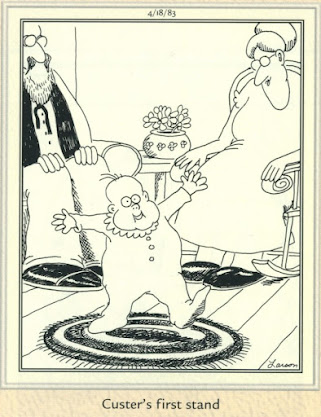A Touch of Death in Postwar Los Angeles: Phillip Marlowe and Elizabeth Short.
Ah, Marlowe, you cool cat. One of the things you realize when you live in Los Angeles, or rather grow up in the city, you either love it, or hate it. It’s an ephemeral city, a joyous city, and for some a place where innocent ambitious dreams died. Today, I suppose we can’t think of Los Angeles without thinking of Hollywood, the Academy Awards, or Harvey Weinstein. But I’m gonna try to tell you a different story, one you may or may not know--a tale about a gumshoe detective, a murder, and a city. First, we’re gonna talk about Marlowe. Philip Marlowe, what is the creation of an author by the name of Raymond Chand Chandler. You may know him from the movies, the big sleep, starring Humphrey, Bogart, and Lauren Bacall, but he really comes to life in the books, written by Chandler. My favorite, one of the series has to be "The Lady in the Lake," and I can’t forget my other ultra favorite "The Long Goodbye." I read my first Chandler almost thirty years ago, and my god was...

